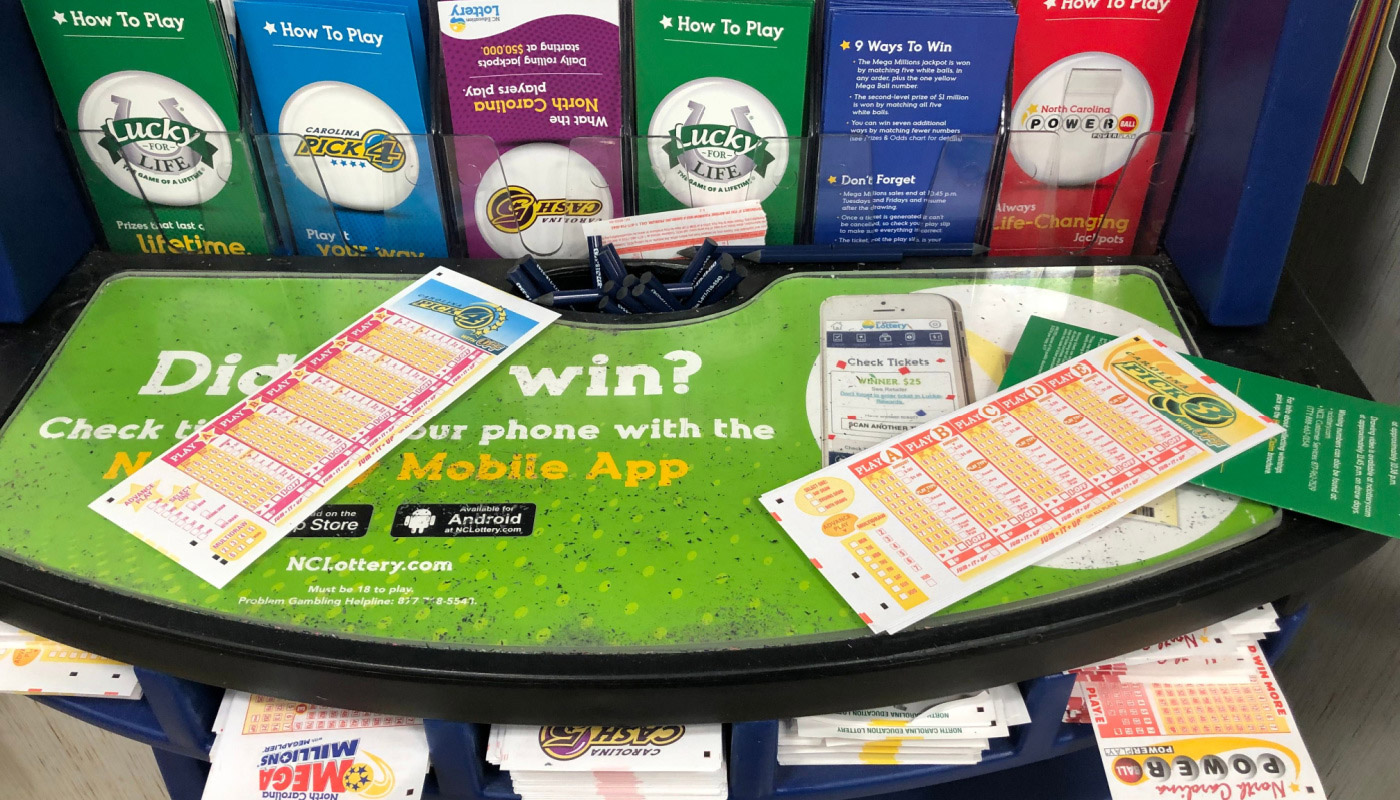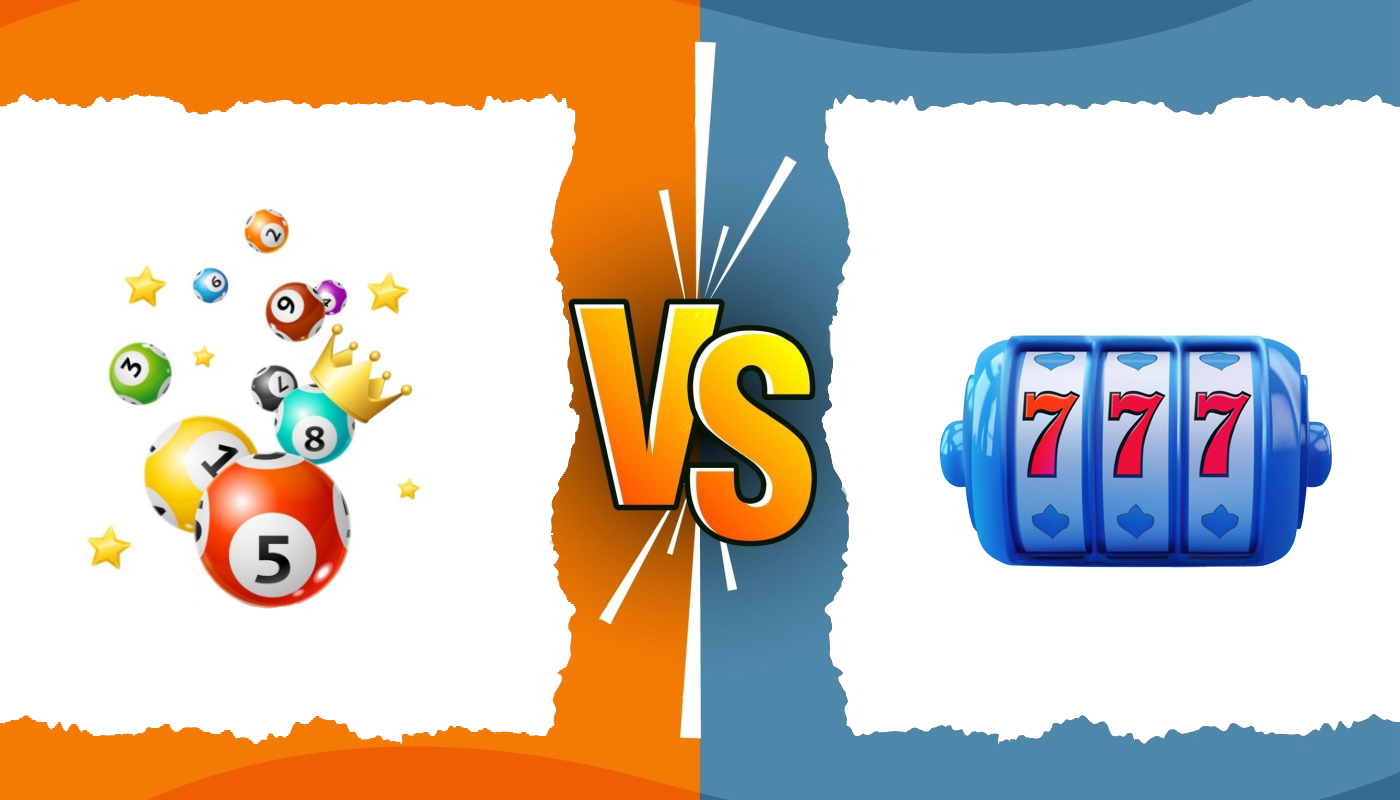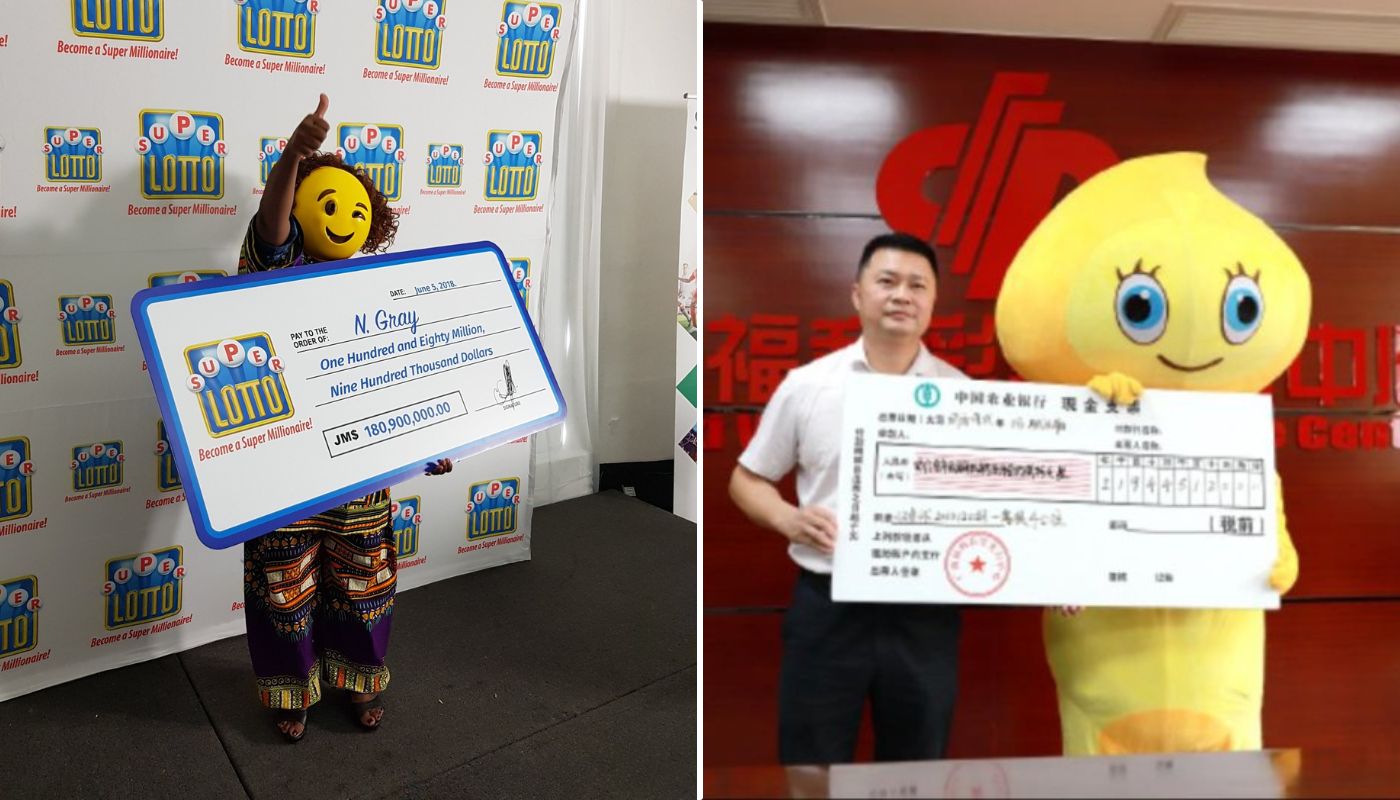
News writer
It has repeatedly been said that anyone who plays the lottery has as good a chance of winning as the next person.
However, when you are unable to buy a ticket due to a physical or mental disability and cannot see to press the buttons on a lottery kiosk, visually select a ticket at a lottery counter or fit your motorized wheelchair/walker or other mobility aide into a designated 'lottery' purchasing space then your odds of winning, let alone playing, have been dramatically reduced.
Widespread disability statistics
According to the General Assembly of the United Nations, this added challenge is something with which 1.5 billion persons worldwide who desire to play the lottery must contend. Within the U.S., disability statistics produced by the Centers for Disease Control (CDC) show this to be a factor that applies roughly to an estimated 27% of the population.
If we do some rudimentary math, we can ascertain that while 50% of all Americans play the lottery — and a fourth of such persons have a disability of some sort, then there is a strong likelihood that disabled lottery players make up 12.5 % of the U.S. population.
In order to not leave disabled persons out of the game, state lottery offices—being that they are governmental agencies—have a legal responsibility to serve all members of the general public. Moreover, they also have a moral imperative to ensure disabled persons have the same opportunities as able-bodied and minded persons.
To make sure state lotteries create equal playing fields, the American Disabilities Act (ADA) requires public entities to make 'reasonable modifications' in their standard ways of doing things in order to meet the needs of persons with disabilities.
Hence, tailored to the needs of the lottery, the ADA's requirements also extend to retailers (groceries, convenience stores) and, basically, any venue or apparatus (e.g., kiosks) responsible for the sale of lottery tickets.
For this reason, third-party retail sites also have a legal obligation to make their sites handicapped accessible via indoor ramps/elevators, widened outdoor parking spaces, and ramps to accommodate persons in wheelchairs.
Accessibility
More recently, with the advent of online technology outpacing traditional forums, the ADA has needed to broaden its scope to include l digital spaces. As the ADA stated:
Lotteries are required to produce visual and audio materials that are understandable and accessible for persons with special needs.
Included as part of the ADA's newly added coverage areas are websites, mobile applications, and additional forms of digital content.
As an example, in the State of California, due to previous issues and concerns voiced by persons in wheelchairs wanting to buy California Lottery tickets, they adopted the Retailer Accessibility Program (RAP), which states:
Retailers must have clear, unobstructed, and accessible pathways of travel to Lottery products and Lottery play centers. They must have accessible parking, sidewalks, aisles, curb ramps, entrances, and counters.
Web design guidelines for disability-compliance
To further explain, as set forth by the U.S. government, under the Section 508 Standards Policy, federal agencies are required to comply with the Web Content Accessibility Guidelines (WCAG) published by the World Wide Web Consortium's (W3C) Web Accessibility Initiative (WAI).
The major disability categories addressed include impairments related to vision, hearing, motor, and cognitive-related skills. Additionally, the guidelines also extend to such often overlooked, albeit critical need areas such as epilepsy and Attention Deficit Hyperactive Disorder (ADHD).
To be in alignment with the enforced protocols, as stated by the Web Accessibility Initiative, web designers are encouraged to impart the following elements into their sites:
- Provide adequate amounts of contrast between the foreground and background.
- Refrain from using color alone as a means of conveying information.
- Mark interactive elements so that they are easy to identify.
- Deliver clear and consistent navigation options.
- Use coordinated headings and spacing to block off group-related content.
- Create a range of designs to suit varying viewpoint scope-abilities.
- Include alternative options for media and imaging.
- Implement easy-to-enact controls for content that starts abruptly and/or automatically.
Physical kiosks designed with ADA in mind
Also covered under the ADA, grocery and convenience store lottery kiosks are also required to remain in compliance with the sweeping guidelines as they apply to the sales of lottery tickets.
Hence, features like headset input jacks, high contrast modes for the screen, and braille for the keyboard when choosing personal numbers have been adapted into the design models of free-standing kiosks found within retail sites across the United States.
Advancing accessibility technology
Remarking upon the advancements made and continuing to be made in the lottery world to help service people with disabilities, the multi-national gaming design company International Gaming Technology (IGT) posted the following statement on their website:
We, are continually improving our accessibility, adding, updating, improving its options and features, and developing and adopting new technologies. All this is meant to reach the optimal level of accessibility following technological advancements.
Truly reaching for the stars
That being said, while more enhancements likely still need to be made, over the years, much has been done to raise the bar and ensure the practice of selling lottery tickets is fair and accessible to all. For this reason, literally, anyone can purchase a ticket with the hopes of winning the big jackpot in the sky.



















Comments